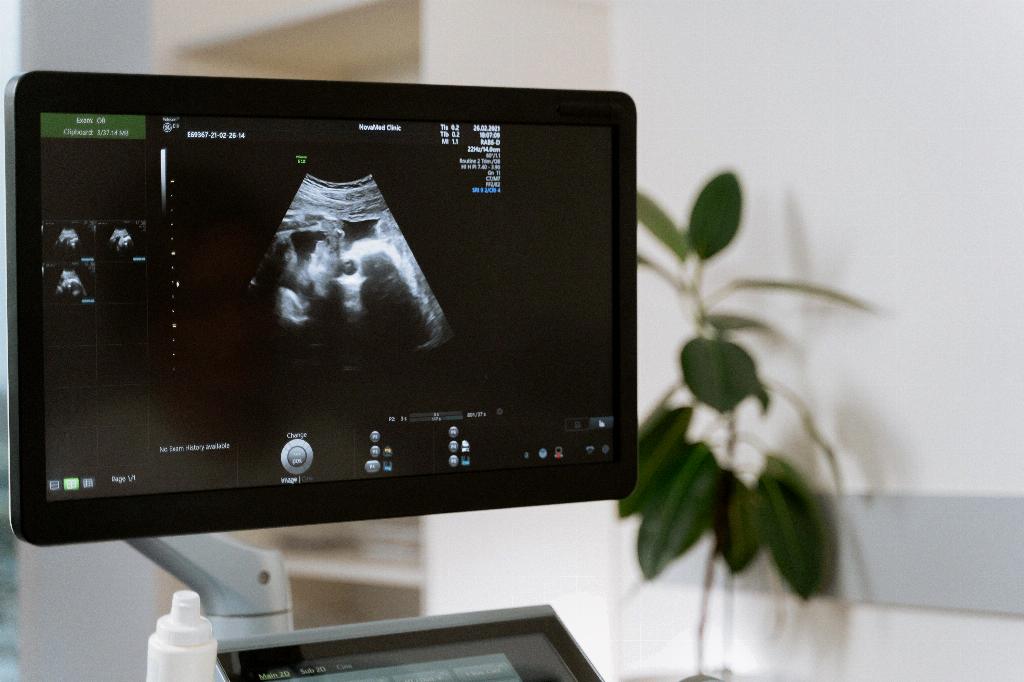When it comes to the topic of men’s hormones changing when their wife is pregnant, there is a growing body of research that suggests there are indeed significant hormonal shifts that occur in expectant fathers. While much of the focus on hormonal changes during pregnancy tends to be on the expectant mother, it is becoming increasingly clear that fathers-to-be also experience hormonal fluctuations that play a crucial role in preparing them for parenthood.
One of the key hormones that has been found to undergo changes in men when their partner is pregnant is testosterone. Research conducted by Edelstein et al. in 2015 and Gettler et al. in 2011 has shown that testosterone levels in expectant fathers tend to decrease as their partner’s pregnancy progresses. This decline in testosterone is believed to be a biological response that helps men shift their focus towards caregiving and nurturing behaviors in preparation for the arrival of their child.
In addition to changes in testosterone levels, expectant fathers also experience alterations in estradiol, a form of estrogen. Estradiol levels have been found to increase in men during their partner’s pregnancy, with some studies suggesting that this rise in estradiol is linked to enhanced emotional bonding and attachment towards the unborn child and the expectant mother.
These hormonal changes in men during pregnancy are not just random fluctuations; rather, they are believed to be adaptive responses that help men transition into their new role as fathers. Lower testosterone levels, for example, have been associated with increased involvement in childcare and greater sensitivity to the needs of the infant, highlighting the important role that hormones play in shaping parental behaviors.
Moreover, the hormonal shifts observed in expectant fathers are not limited to testosterone and estradiol. Research has also shown changes in other hormones such as oxytocin, vasopressin, and prolactin, all of which are involved in regulating social bonding, caregiving behavior, and stress response. These hormonal adjustments work together to help fathers develop a strong bond with their child and provide them with the support they need during the transition to parenthood.
It is important to note that not all men experience the same degree of hormonal changes during their partner’s pregnancy. Factors such as individual differences in hormone regulation, relationship quality, and level of involvement in caregiving tasks can influence the magnitude of hormonal fluctuations in expectant fathers. However, the overall trend suggests that most men do undergo some degree of hormonal reorganization in preparation for fatherhood.
While the idea of men’s hormones changing during pregnancy may be surprising to some, it underscores the interconnected nature of human biology and social behavior. The hormonal shifts that occur in expectant fathers reflect the adaptive nature of the human body, which strives to prepare individuals for the challenges and responsibilities of parenthood.
In conclusion, the evidence strongly suggests that men’s hormones do change when their wife is pregnant. These hormonal changes play a critical role in facilitating the transition to fatherhood, promoting paternal caregiving behaviors, and fostering emotional bonding with the unborn child. By understanding and appreciating the significance of these hormonal adjustments, we can gain a deeper insight into the complex interplay between biology, psychology, and social dynamics in the context of parenthood.

